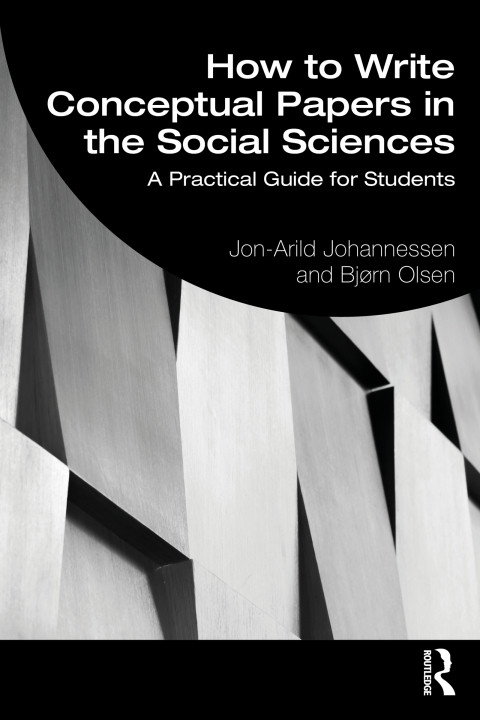(Ebook) How to Write Conceptual Papers in the Social Sciences: A Practical Guide for Students by Jon-Arild Johannessen, Bjørn Olsen ISBN 9781003830801, 1003830803
This book is a practical guide on how to write conceptual papers and use conceptual generalization as a research methodology. Divided into two parts, the book first focuses on the scientific foundation for conceptual generalization, to identify what is a conceptual model and how conceptual models can be developed. Part two focuses on how to write a winning conceptual thesis, covering conceptual generalisation and empirical generalisation, and discusses research problems and questions, and how to analyse them. The authors cover different conceptual and analytical models to offer students a multitude of tools to visualize, interpret and uncover relationships and patterns. For example, they explore the thought experiment, analytical models, empirical causal models, analytical forms and data mining models, and outline a strategy for developing conceptual models to assist with students who wish to design their own conceptual paper. Students gain a clear understanding of the driving forces in the research process, how to define a research problem, how to analysis the problem and develop research strategies. Moving from concepts to hypotheses, the book also covers the main types of errors that may be encountered as students learn about understanding the development of models and how to develop a theory. Also including a checklist for students, and a list of definitions and concepts, this is the ideal resource for advanced undergraduate and postgraduate students, and researchers, in the social sciences.
*Free conversion of into popular formats such as PDF, DOCX, DOC, AZW, EPUB, and MOBI after payment.


